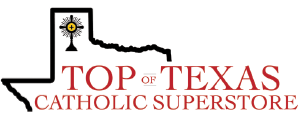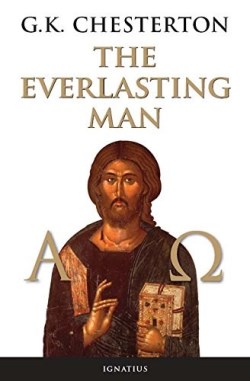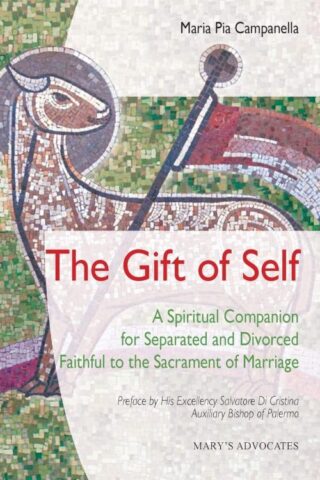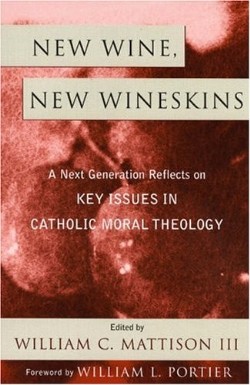William Mattison
Showing the single result
-
New Wine New Wineskins
$75.00Preface
William Portier, University Of Dayton
Introducing New Wine, New Wineskins
David Cloutier With William C. Mattison III
Saintly Voyeurism: A Methodological Necessity For The Christian Ethicist
Christopher Steck, S.J., Georgetown University
Finding A Place At The Heart Of The Church: On The Vocation Of A Lay Theologian
Christopher Vogt, St. John’s University
Transparent Mediation: The Vocation Of The Theologian As Disciple
Margaret R. Pfeil, University Of Notre Dame
Dare We Hope Our Students Believe? Patristic Rhetoric In The Contemporary Classroom”
William C. Mattison III, University Of Notre Dame
Community Based Learning And Catholic Social Teaching
William Bolan, University Of Notre Dame
Moral Theology For Real People: Agency, Practical Reason, And The Task Of The Moral Theologian
David Cloutier, College College Of St. Benedict/St. John’s University
Intimacy With God And Self-Relation In The World: The Fundamental Option And Categorical Activity
Darlene Fozard Weaver, Villanova University
Economic Comedy Or, How I Learned To Stop Being Miserable And Love Economic Ethics
Kelly Johnson, University Of DaytonAdditional Info
The growing shift in Catholic moral theology from reflecting on rules alone to focusing on the identity and formation of persons as moral agents prompts a further question: What impact do recent changes in the identity and formation of Catholic moral theologians themselves have on how that discipline is practiced? Young Catholic moral theologians experience a sharply different professional formation and a changed location of ongoing professional life than prior generations of moral theologians. How do these differences influence the field of moral theology as a whole?New Wine, New Wineskins: A Next Generation Reflects on Key Issues in Catholic Moral Theology addresses these questions and more by offering a snapshot of how a new generation of Catholic moral theologians understands not only topics in the field, but the effects of their own identity and formation on their treatment of those topics. The distinctive contribution of this volume is the interweaving of three key concerns, all of which arise out of a critical self-reflection on the task of moral theology today: the character and adequacy of training and ongoing formation in the field of Catholic moral theology, the purpose and nature of teaching Catholic moral theology, and the fittingness of methodological debates with regard to the needs of the Christian life. Each essay makes a contribution to its specific area of interest-ranging from economic ethics, to Patristic rhetoric, to the nature and development of practical reasoning-while probing what exactly young Catholic moral theologians are doing, and how they can do what they do better
Add to cartin stock within 3-5 days of online purchase










